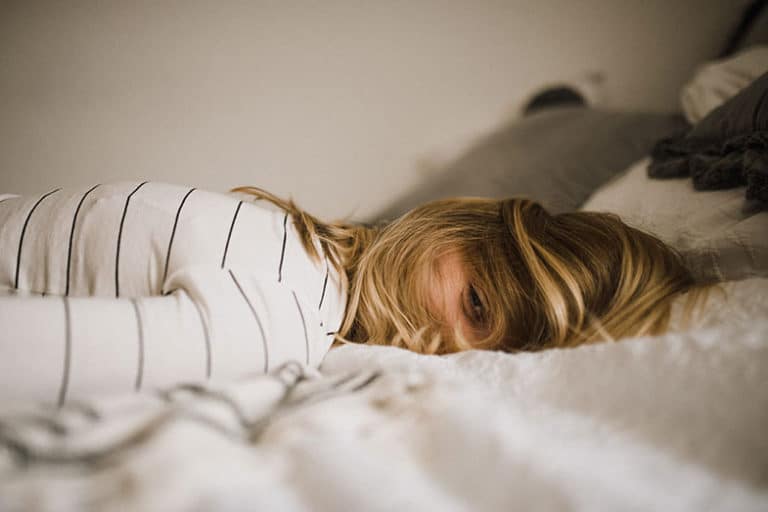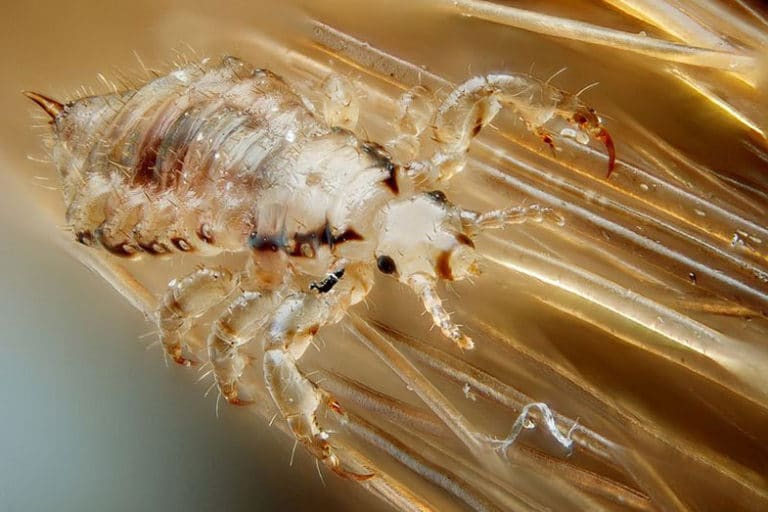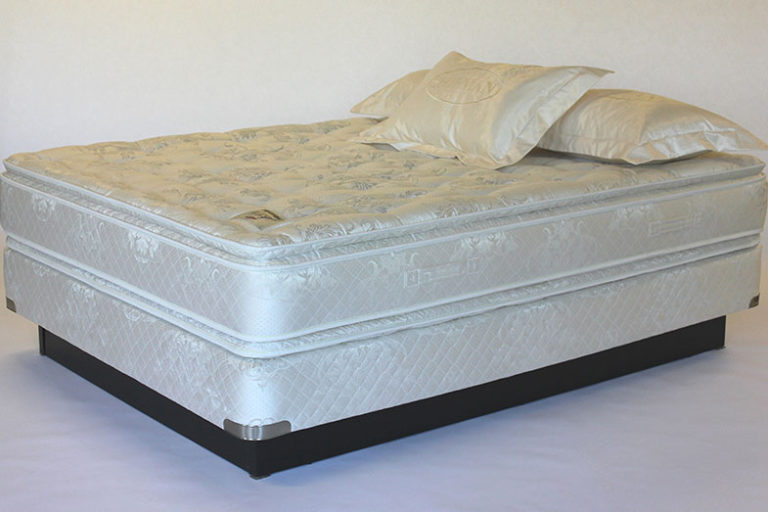Why Do Energy Drinks Make Me Tired and Sleepy?
Disclosure: We may get commissions for purchases made through links in this post.
People reach for energy drinks to increase mental alertness and concentration. When you pull an all-nighter finishing a project or catching up on a TV series, you feel the consequences the day after. Or when you want to combat the 2:30 feeling, a can of energy drink can pep you up to help finish work faster.
A can of Red Bull may sound like a good idea to battle the afternoon slump. But why do energy drinks make you feel sluggish and tired?
Energy drinks contain caffeine and sugar—two ingredients that can give you a rush of energy but will leave you feeling exhausted once they wear off. Consuming them increases adenosine in the body, an element that induces sleep, and decreases orexin, a neurotransmitter that keeps you awake.
If you feel that energy drinks don’t give you that jolt of energy you need, it’s because the ingredients aren’t as effective as you may think them to be.
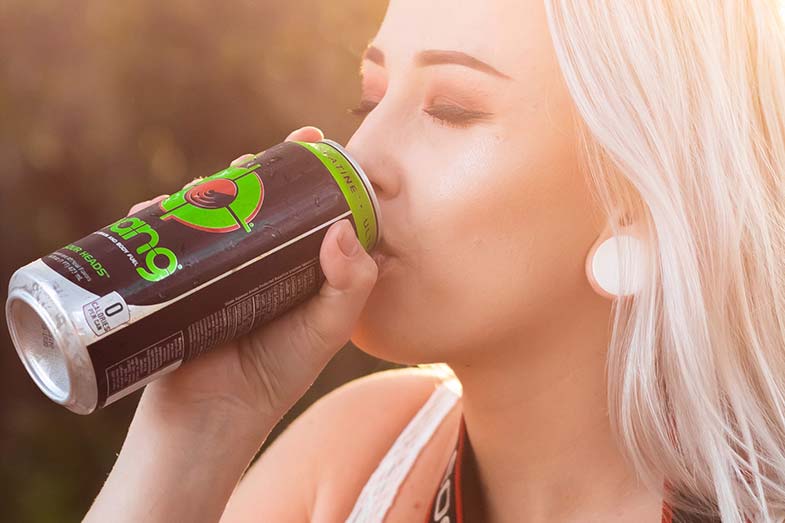
Do Energy Drinks Cause Fatigue?
In the United States, energy drinks come in second to multivitamins as the most popular dietary supplement. They were initially marketed to athletes who needed a jolt of energy for peak performance, but these days, energy drinks have become popular to people of different ages.
Take a walk down the grocery aisle, and you’ll see dozens of energy drinks marketed as either a beverage or a dietary supplement. These elixirs provide a shortcut to combatting daytime sleepiness, fatigue, hangover, and lethargy, making consumers more alert and energized after drinking.
Although a study shows that energy drinks can help improve brain function and performance, many feel that the effects are short-lived (link.springer.com – The effects of Red Bull). And we can chalk this up to two of the main ingredients in energy drinks: caffeine and sugar.
1. Caffeine
As an active ingredient in energy drinks, caffeine does the heavy lifting by increasing mental alertness and performance. Doesn’t it sound counterintuitive that a stimulant can also cause fatigue? You’re not wrong there, but here’s the thing:
Caffeine provides a shot of energy, allowing you to run tasks faster and think more clearly. However, it blocks the effects of adenosine, a naturally created chemical in the body that helps induce sleep.
That’s great news, right? You won’t feel tired or sleepy. But here’s a caveat: This effect only works for people new to caffeine. If you have been guzzling coffee or energy drinks for a long time, the result will be the opposite.
Caffeine disrupts your body’s natural processes. As a result, the brain fights back to the overstimulation by producing even more adenosine. So, you feel tired and sleepy directly after drinking a can of Monster.
How much caffeine do energy drinks have? Most energy drinks contain 80 milligrams of caffeine, which is approximately the same amount found in a coffee cup. By comparison, soda drinks only contain about 2.5–5 mg of caffeine per fluid ounce.
It still doesn’t seem like a lot, but caffeine’s long-term effects negate its stimulating effects. Frequent consumption of caffeine changes your baseline energy. As the body produces more adenosine, you feel lethargic when you’re not caffeinated.
2. Sugar
Another reason why you feel tired after taking energy drinks are sugars. They come in different forms (glucose, sucrose, fructose, etc.), so if you don’t see sugar on the product label, check if other names list them.
How does sugar make you exhausted? First, let’s examine how much sugar a can of energy drink contains. An 8 oz. can of energy drink contains about 21 g to 34 g of sugar. That’s equivalent to taking 4 to 6 teaspoons of sugar.
Combined with caffeine, the excessive sugar in energy drinks will give you a burst of energy. But as soon as the sugar rush wears off, you’ll feel drained and sleepy. Here’s why:
The rapid rise of blood sugar lowers orexin, a neurotransmitter in the brain responsible for keeping us awake and energized. This makes you feel exhausted even after a shot of energy drink. But that’s not all. According to a study, low orexin could also lead to obesity and some other diseases.
Also, refined sugar depletes the body of nutrients that the body needs to give energy. If your diet already lacks the nutrients your body needs to function well, your energy is more likely to suffer.
What Else Is in an Energy Drink?
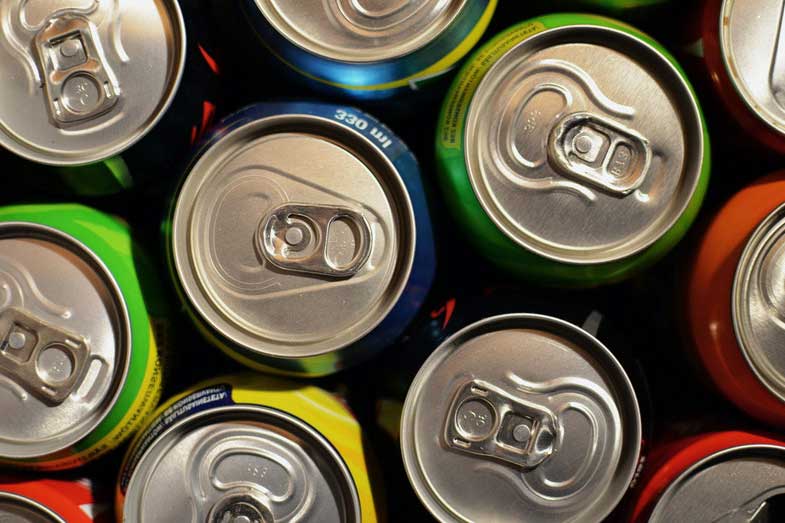
Energy drinks contain several other ingredients that make them attractive to consumers. Here are some of the popular ones and what they do for mental alertness:
- Guarana
Guarana is a plant native to Brazil. Its fruit is around the size of a coffee berry and is prized for its therapeutic properties. Guarana is popular for its antioxidants, such as tannins and catechins. But it is also a popular ingredient in energy drinks for its caffeine content.
According to a study, guarana seeds contain about four to six times more caffeine than coffee beans (sciencedirect.com – Chemical profiling of guarana seeds). Guarana has 3-4% caffeine, while Arabica beans have only 1-2% caffeine. Although it’s included in the list of ingredients, guarana is not listed as caffeine. This means that people consume more caffeine from energy drinks than they are aware of. - Taurine
Taurine is an amino acid within foods such as meat, fish, and dairy. It supports brain development, ensures proper muscle function, and improves athletic performance, which is why it is added to most energy drinks.
When taken in reasonable amounts, taurine has no side effects. An 8-ounce can of energy drink contains 600–1,000 mg of taurine—an amount too low to have any noticeable therapeutic effect. - Ginseng
Ginseng is another exotic-sounding ingredient found in many energy drinks. The root extract from the Panax ginseng is known for boosting brainpower and strengthening the immune system. Ginseng is also in clinical studies for its anticancer properties. However, it has little to do with enhancing physical performance.
Although diarrhea and headache are some side effects of excessive ginseng, the amount found in energy drinks is too minimal to cause any damage. However, if you are taking medicines like warfarin, it’s best to skip energy drinks with ginseng.
Are There Healthy Alternatives to Energy Drinks?
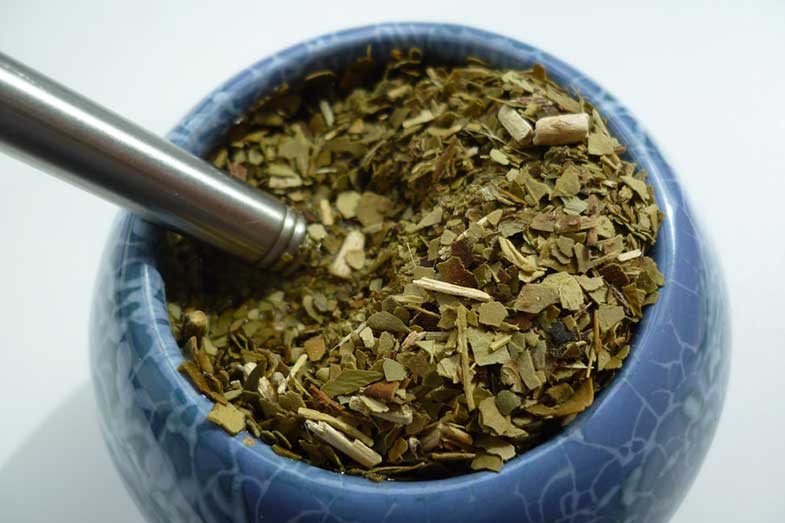
While energy drinks can help boost performance, the effect is only short-lived. More importantly, the potent combination of sugar and caffeine may cause you to overclock yourself.
To get the same performance-enhancing benefits, try these healthy alternatives to stay energized naturally:
Green Tea
Green tea is preferred by many for its subtle and clean taste. For those looking for a healthier way to stay awake and be productive, green tea is one of the best drinks. Green tea contains 25 milligrams of caffeine per 8-ounce jitters like coffee and energy drinks do, but they contain antioxidants that help improve brain function. In addition to caffeine, green tea also contains L-theanine, an amino acid that helps ease stress and increase focus.
Green Juices and Smoothies
Fatigue is one of the signs of vitamin deficiency. Dark leafy greens are a great source of B vitamins, which help convert the food you eat into energy. Fresh green juices are easily absorbed in the digestive system, giving you an instant boost that enables you to power through the day. To get more fiber in your diet, turn veggies into smoothies. Invest in an excellent masticating juicer (view on Amazon) to get all the goodness from fresh vegetables and fruits.
Yerba Mate
If you want a caffeine kick without getting all wired up, yerba mate (view on Amazon) is a good alternative to coffee and energy drinks. Packed with nutrients, this herbal concoction is made from the leaves and twigs of the South American holly plant. It has a distinctive taste that requires getting used to, but this time-honored drink is an effective perk-me-up beverage.
Water
According to the Sleep Foundation, the lack of fluids can make you feel off your game. When you’re dehydrated, your blood pressure declines and decreases the blood flow to the brain. This makes you feel sleepy and tired. If you’re struggling to stay away at work, try drinking a glass of water to replenish the body fluids. Plain water is a good choice because it doesn’t contain any sugar or additives that could do more harm to your health.
If all else fails, take a quick nap between tasks to recharge yourself. Sleep experts believe that daytime naps can improve alertness, brighten your mood, and boost stamina. While napping is not possible for people working during the day, there are other ways to restore your energy without consuming sugar and caffeine. Take a brisk walk, play with your pets, or brush your teeth.
Conclusion – Why Do Energy Drinks Make Me Tired and Sleepy?
Guzzling energy drinks can help you stay awake when you need to power through tasks. But your energy will soon start dwindling, and you’ll feel more tired and sleepy. If you want to lay off caffeine and sugar, opt for healthier beverages with other benefits. These will help you focus and sustain energy for much longer.

